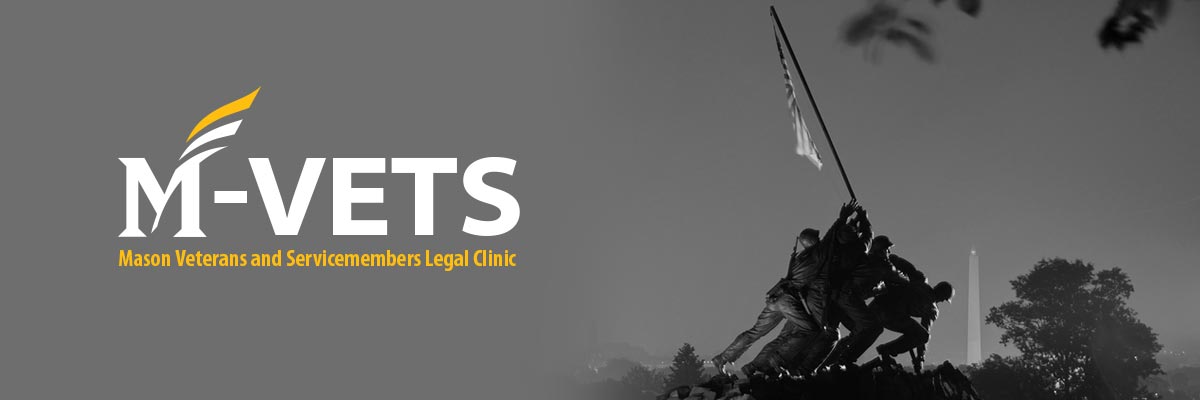By Eric Cheung- Spring 2014 CLASV Student Advisor
The military is said to be regimented, structured, and orderly to help mold individuals to follow commands instinctively. This system is instilled in the very beginning of an individual’s military career. The military provides a methodically planned schedule for all their recruits. Each detail is laid out for a recruit – their schedule is broken down by every hour for the next 16 weeks. The recruits only have access to their immediate chain of command. They are in close proximity to their supervisors who mandate the utmost respect to all senior superiors. This facet has been the issue of debate when viewing sexual assaults in the military.
The proponents of revising military law argue that sexual assaults are a growing issue. According to the Associated Press, “the Pentagon estimated that 26,000 military members may have been assaulted in 2012. But many victims are still unwilling to come forward. “[1] The more daunting fact is the fact that there are several unreported sexual assaults because victims are afraid to come forward. These victims are fearful because the ones abusing them may be in their direct chain of command. They are left powerless since the very person they are supposed to file a complaint with is the perpetrator.
There has been proposed legislation to address this conundrum. In early March 2014, the Senate voted on a bill which would remove military commanders from deciding whether or not to prosecute allegations of wrongdoings by their subordinates. The opponents to this bill stated that this bill would undermine military authority within the chain of command. Ultimately, this bill did not pass with a vote of 55 to 45.[2]
The issue of sexual assaults in the military has received more public attention. In response, on March 10, 2014, the Senate unanimously passed a bill that would prevent an individual from using the “good soldier defense”. The good soldier defense is allowing a soldier to include in the evidence his military record of “reliability, dependability, professionalism and reputation as an individual who could be counted on in war and peacetime.”[3] Importantly, this reform would give accusers greater freedom to choose a civilian court over a military court. This reform is a step in the right direction to prevent sexual assaults in the military.
The tides have steadily been turning to pinpoint the cause of sexual assaults in the military. It is still a very large issue that is prevalent in all branches and among all ranks. There are several resources that can provide assistance if necessary.
The Department of Defense has initiated the Safe Helpline specifically for Sexual Assault support:
They can also be securely and anonymously contacted at 877-995-5247 (operated 24/7)
For more information about sexual assault in the military, visit Military OneSource: http://www.militaryonesource.mil/sexual-assault
[1] http://abcnews.go.com/Politics/wireStory/senate-bill-combat-military-sexual-assaults-22850057?page=2
[2] http://www.cnn.com/2014/03/06/politics/military-sex-assault/
[3] http://abcnews.go.com/Politics/wireStory/senate-bill-combat-military-sexual-assaults-22850057
The views and opinions expressed in this article are those of the author’s only and do not necessarily reflect the official policy or position of CLASV, George Mason University School of Law, George Mason University or any agency of the Commonwealth of Virginia, and are not to be construed as legal advice. The contents of this website are intended to convey general information only and not to provide legal advice or opinions. The contents of this website, and the posting and viewing of the information on this website, should not be construed as, and should not be relied upon for, legal or tax advice in any particular circumstance or fact situation. The information presented on this website may not reflect the most current legal developments. An attorney should be contacted for advice on specific legal issues.
